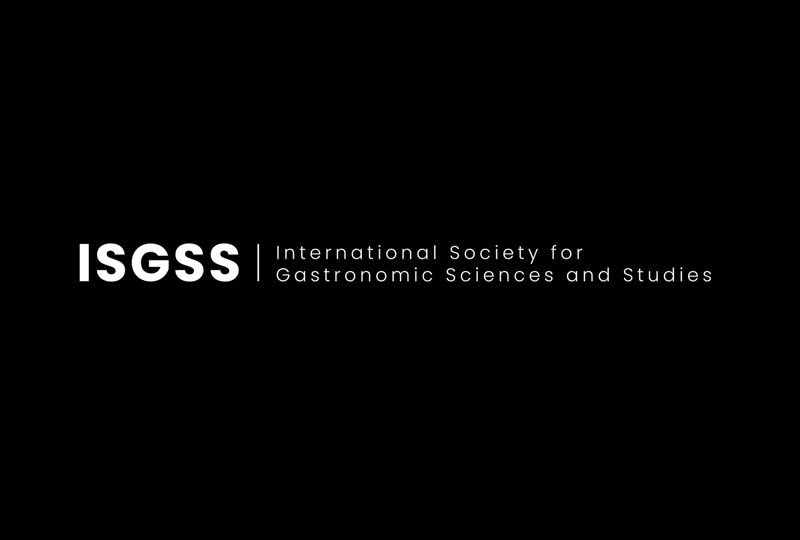- Abstract: The aim of this panel is to stimulate new knowledge about social, cultural, and historical aspects of the green transition as a practice related to everyday cooking and eating. Based on the current climate crisis worldwide, there is a strong demand for, among others, consumers, cooks, and food providers to transform their habits towards less meat and more vegetable consumption. The green transition is imperative for everyone in society. But what does it take to change habits? How do socio-cultural environments (both domestic and professional) affect the ways in which new habits are shaped? How do these unfold across time (e.g., life course) and space (e.g., in different regional contexts)? How do people integrate ideas about the climate crisis into their everyday dietary and cooking practices? How do attitudes and ideas about human and planet health, regeneration, and sustainability relate to food practices in different cultural contexts? And what paradoxes, challenges, and constraints are produced hereby?
Politicians and scientists often refer to ‘the consumer,’ assuming that changing food habits begin in the supermarket, related to presumably reflective, active choices made there. As food culture researchers, we find it necessary, though, to explore the green transition as a (pre-reflexive) practice that goes beyond the situation in retail shops. Changes in habits are related to people’s everyday lives, and their social, geographical, historical, and other contexts. There is a lack of research that sheds light on the foundations of how people interpret, adapt to, and incorporate new food and eating habits into their daily practices. The workshop will deal with filling this gap and explore empirical as well as theoretical questions that can stimulate a new field of studies, where the green transition is seen as a practice that is anchored in the kitchen and around the table. We welcome papers based on empirical studies, discussing examples and theoretical concepts that cover a wide range of the above themes. We encourage participants to work with creative ways (e.g., using audio-visual material) of presenting and facilitating discussion.
Keywords: Sustainability, Transition, Practices, Habits, Everyday life
